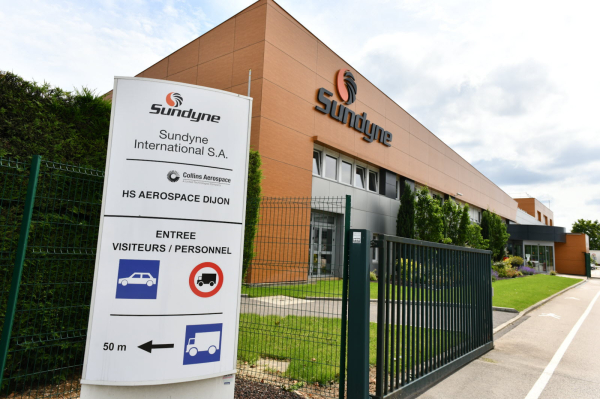
A surprise visit to Zagreb by Serbian Prime Minister Ana Brnabic as well as her meeting with Prime Minister Andrej Plenkovic, is seen as the first concrete step towards the normalisation of strained relations between Croatia and Serbia.
Admittedly, the trend towards normalisation of relations between Zagreb and Belgrade has been present since the beginning of this year and was initiated by the representatives of the Serbian minority in Croatia and the Croats in Serbia.
This was followed by visits at the ministerial level. On Orthodox Christmas Eve, the head of Serbian diplomacy Ivica Dačić visited Zagreb, while at the end of January, the Croatian Minister of Foreign Affairs, Gordan Grlić Radman, visited Subotica.
However, few expected a Croatian-Serbian meeting at the prime ministerial level in such a short period as such meetings have not been held for years.
That is why Brnabić’s visit to Zagreb – at least officially, and because of his participation in the Grand Assembly of the Serbian National Council in Lisinski on Sunday – is considered to be the first real step forward in improving relations and will reportedly be followed by a visit by Plenkovic to Serbia.
‘A visible handwriting of American and European diplomacy’
Although it is indisputable that Croatia wants to normalise relations with Serbia, and the feeling is believed to be mutual, diplomatic sources say the process of rapprochement between the two capitals should be viewed in a wider context.
They say the whole story bears the mark of Western diplomacy, especially the US and the EU, which want to extract Serbia from Russia’s orbit. This is especially important for the West in the conditions of the Russian-Ukrainian war and strained relations with the Kremlin.
“This rapprochement is the result of the atmosphere that was created by the actions of the USA and the EU. They want to tear Serbia away from Russia, and Croatia should play a significant role in that,” a diplomatic source told EURACTIV.hr.
However, adds the source, it is difficult to assess whether the new initiative to thaw relations will bear fruit.
This, he notes, will mostly depend on Serbia itself.
“Recently, the rhetoric towards Croatia has changed in Serbia. Just looking at the Serbian media shows that there are now much fewer attacks on Croatia in them than there was until recently.Therefore, a certain paradigm shift can be seen.” evaluates our source, adding that the economic and cultural relations between the two countries are already developed.
Longer list of unsolved problems
But the problem remains politics as there are many recent and historical issues on which the two sides are unlikely to agree. Another issue is that of the border of the Danube, the fate of those missing in the Homeland War, and the status of minorities. It is also confounded by which direction Serbia will choose in terms of the Ukraine war- the EU, or Russia.
“Belgrade finally needs to play the game for itself, not for Russia”
Sources also raised concerns over the so-called Serbian World.
“The term ‘Serbian World’ appears in Serbian strategic documents and is a derivative of the ‘Russian World’, with the difference that the ‘Russian world’ is a problem for Ukraine and Europe, while the ‘Serbian world’ is a problem for the countries created by the breakup of former Yugoslavia.
“These are dangerous ideologies. The existence of such a concept, which basically advocates a ‘Greater Serbia’, is certainly a problem for the normalisation of relations between Croatia and Serbia,” political scientist Anđelko Milardović told EURACTIV.
However, he warns, Serbia needs Croatia more than Croatia needs Serbia. He also believes that the two countries should resolve the disputed issues before Serbia enters the EU, so they do not burden the functioning of the bloc.
“Russia is using Serbia as a disruptive factor on the threshold of the EU. Croatia must certainly help Serbia on the way to preparing for membership in the Union. However, if Serbia still wants to join the EU, then it must normalise relations with Croatia,” notes Milardović.
In the big picture, the main question remains whether Serbia will align with EU foreign policy vis a vis Russia and impose sanctions or whether it will remain favourable to the Kremlin.
However, that part of the story is less important for the relations between Belgrade and Zagreb, and more important for Belgrade’s relations with the Union as a whole.
(Adriano Milovan)
Read more with EURACTIV

EU cities and regions to host summer camps for Ukrainian children
Source: euractiv.com



